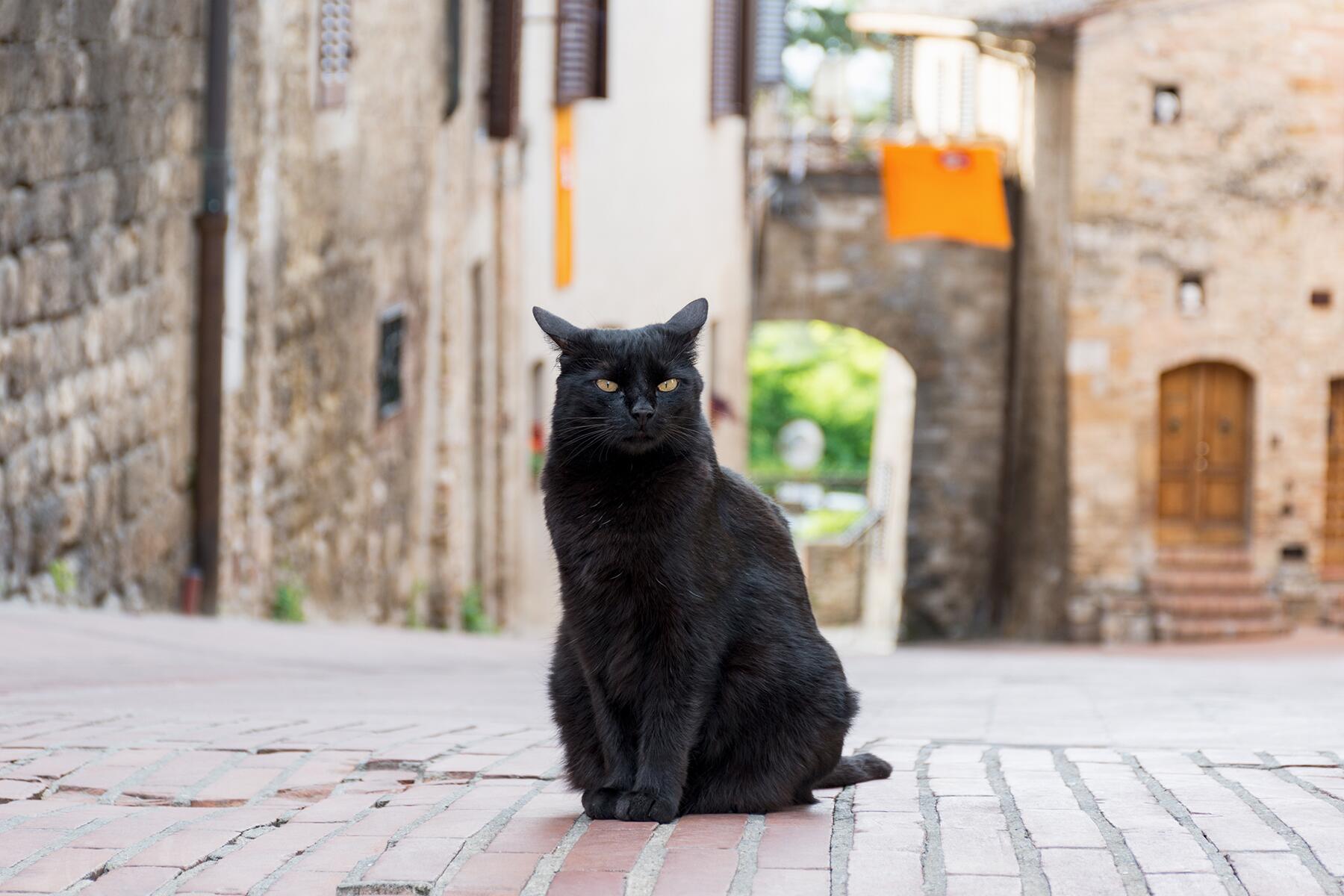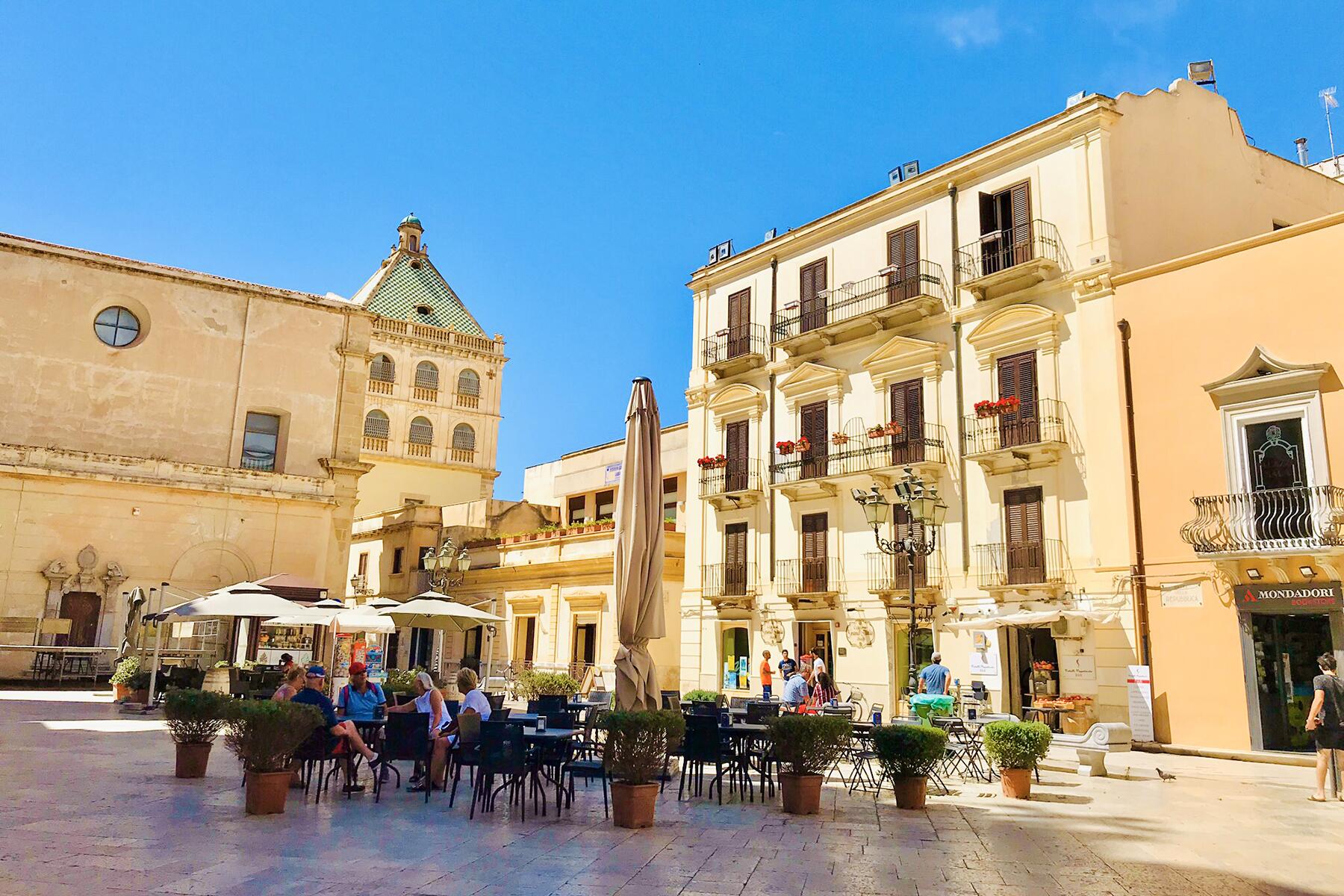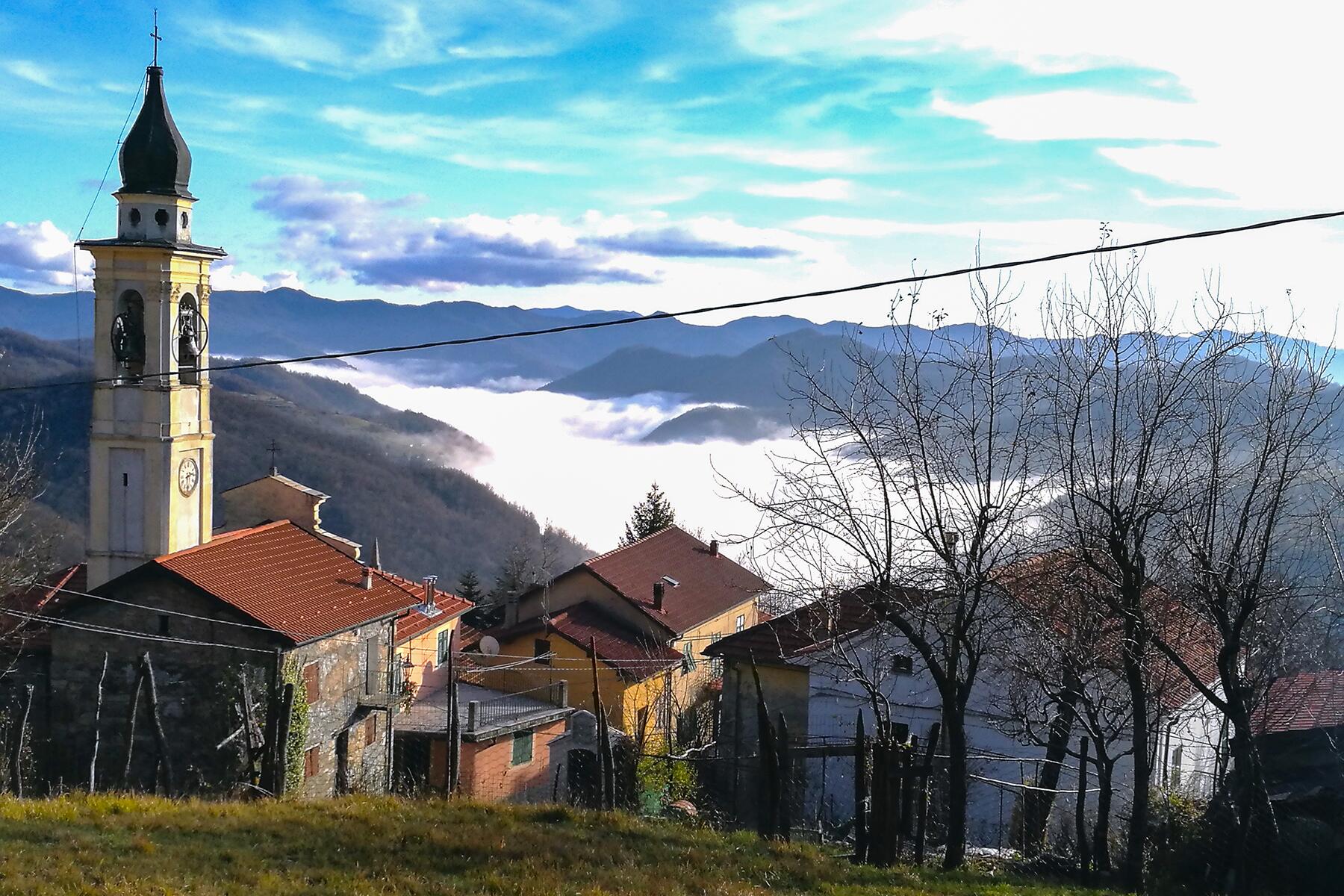The "village without babies" is about to welcome its first child in 23 years.
Italy is plagued by the so-called “empty crib syndrome.” The country is seeing a steady decline in births with the COVID-19 pandemic only making the outlook gloomier.
But there’s one hamlet that fares worse than others and where the syndrome has turned into a chronic disease. Welcome to Fascia, a tiny mountain village of barely 70 residents located in the lovely northern Liguria region. Fascia is a village steeped in mystery and founded in the middle ages as a fiefdom of the Holy See. It now boasts two records. One: Fascia is famous for being Italy’s “oldest” town—nope, not in the sense of historically ancient, but packed with old folks. The average age is more than 66. And two: Fascia has been dubbed the “village without babies” because in the last 23 years not a single baptismal party has been thrown.
But things are about to change. One crib will finally no longer be empty. It will be occupied by a soon-to-be-crying infant that stands as a beacon of hope to this dying community. After decades of zero births, Fascia is welcoming its first newborn. It’s party time and enthusiasm fills the oxygen-rich fresh air. A happy vibe can be felt in the surrounding meadows and along picturesque narrow alleys where no passerby is a stranger.
“We are so excited, we can’t wait to celebrate this baby’s arrival,” says mayor Marco Gallizia. “The parents are a young couple who prefer to keep to themselves in such an important and delicate moment. The baby is due by mid-March but it could be any time soon.” In Fascia, the only events announced with bell tolls are usually those of funerals. Now the church bells will merrily chime for a birth and a baptism. And as the church bells ring, the curse of the village will be lifted, allowing Fascia to escape from its fate of “no place for children.”
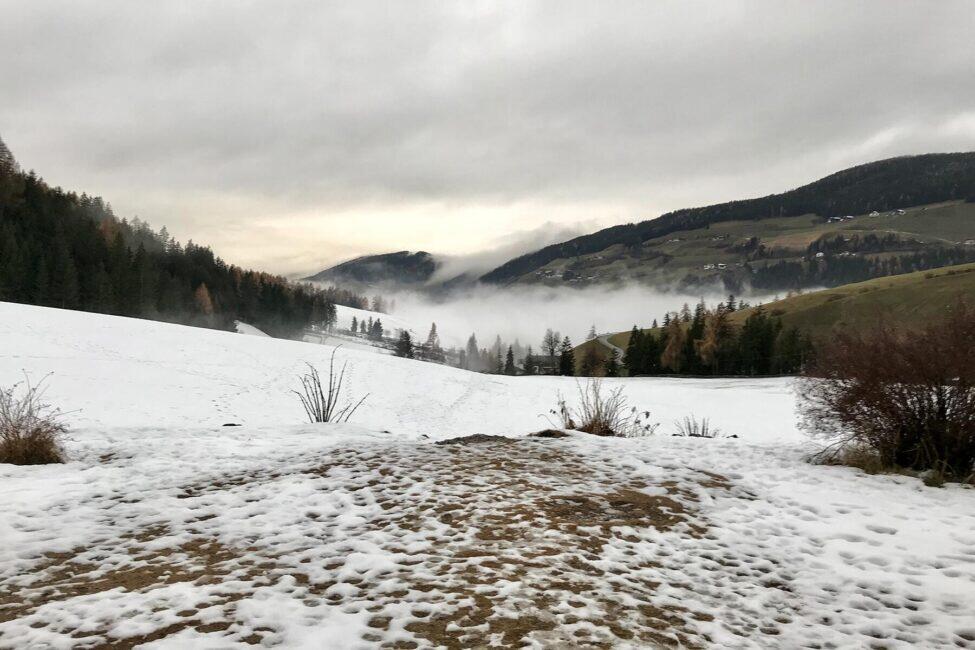
“Italy’s national statistics office has officially stated, based on their regular population studies carried out across the country, that Fascia is the oldest village in Italy due to the high number of old people living here. Many are over 80 and over 90”, says the mayor. Gallizia, 49, is considered a “youngster.” The town hall population registry features names of those born in the 1930s and ‘40s, but now, with a baby on its way, one entry at least will be dated 2021.
The future parents, who run a small tourist activity in town, are holding their breath and shy away from reporters and interview requests. They don’t want to talk about their upcoming child over fears the birth could somehow be jinxed if they discuss their joy and family plans before the baby is actually born, explains the mayor. Italians are incredibly superstitious. Couples often don’t even want to know the sex of their baby ahead of time, preferring to wait and see whether it’s a boy or girl when it pops out.
What makes this sweet story even more heart-warming is the message it conveys. The lucky couple who will be bringing joy to the village is not local. The mother and father recently moved from a nearby larger city to escape from the COVID-19 pandemic, keep safe, and make plans for the future.
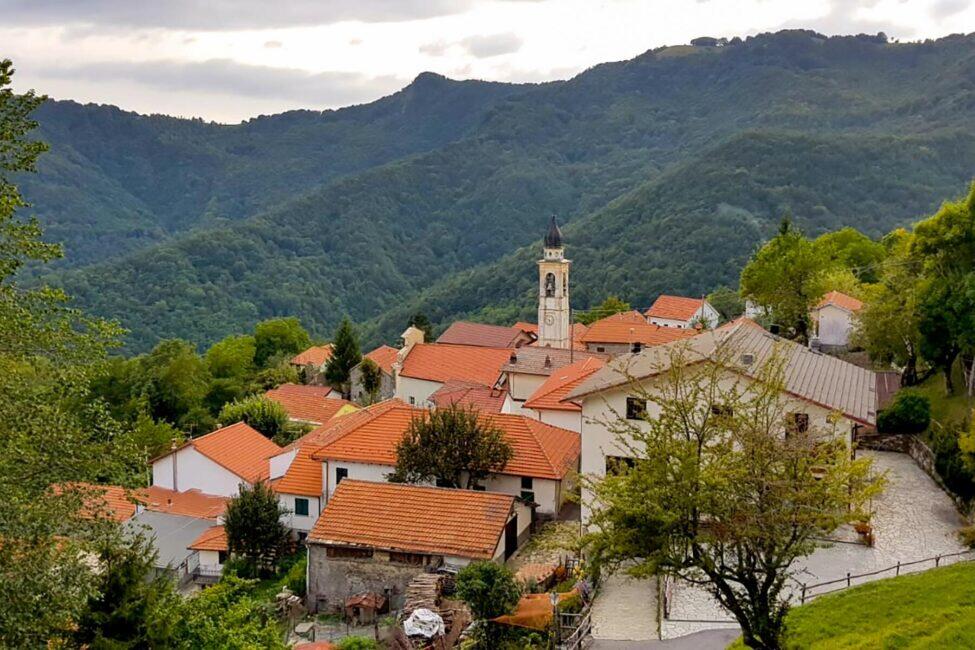
“This is really positive,” says Gallizia. “Locals tend to flee but now, thanks to remote working, this family has chosen our charming village to call home and give birth to their child. It fills us with pride.” The pandemic is having at least one positive effect: it’s rescuing many small rural communities in Italy, as newcomers flock in looking for a safe-haven.
In Fascia, social distancing is not an issue. Forget crowds. If you happen to bump into a soul or two, it’s your lucky day for some chit-chat. No wonder the village has succeeded in staying COVID-free.
This quaint, unknown spot is mesmerizing, remote, and offbeat. It’s sleepy and frozen in time. Younger Fascia locals have been constantly ditching their homes and fleeing from the village in search of a better life in larger Italian towns or abroad, including the U.S. With most families and young people gone, those who are left behind are the elders who kill time sitting on front porches or village benches, staring at the magnificent panorama which is fluorescent green in summer and shining white in winter.
The village is divided into five minuscule districts set at different altitudes and separated by hills and chestnut tree woods roamed by wild boars. In the past, woodcutting and chestnuts were the main sources of income for local families who still today fetch their own wood for cold winter months. Trekking routes unwind up mountain flanks and, in May, day-trippers flock in to enjoy the beautiful flowering trails. Unpolluted rivers and streams run through a green sea of valleys and a protected park featuring a planetarium for gazing at the clear starry night skies. Light pollution doesn’t exist.
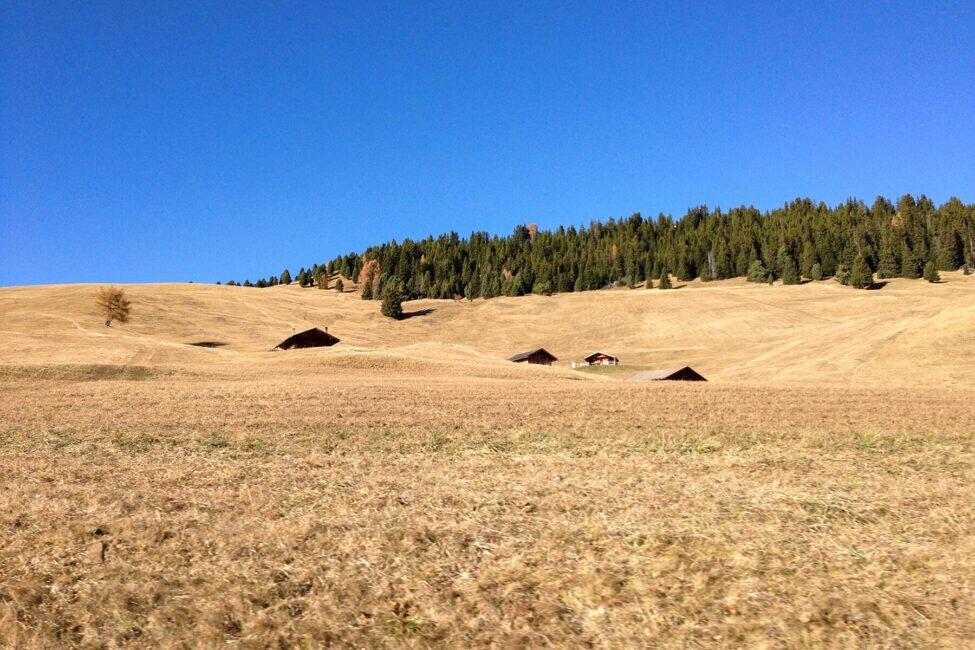
There’s just one official hotel restaurant in town, but many locals rent apartments to tourists. A traditional tavern with breathtaking views serving local delicacies, such as savory donkey meat and porcini mushroom dishes, is La casa del Romano–the House of The Roman. According to town lore, the tavern was opened by a local peasant who left Fascia for Rome, but returned with a spouse who had been fooled into believing that her lover’s hometown was the city of Genoa. When she realized it was in the dead isolation of the mountains she got mad but, instead of dumping him, decided to move even farther uphill, on a solitary peak where she ordered her husband to build a home and tavern. The restaurant even has a stable for guests arriving on horseback.
Fascia’s sleepy community awakes in spring from its slumber and the village comes to life in summer with the descendants of migrants who return to spruce up their old family homes and take part in gastronomical events. Locals love to indulge in barbecue parties. Food fairs of goat and donkey meat recipes, porchetta pork roast, and buffalo are regularly staged. There’s also a folkloric Mother Earth festival with a pagan vibe to honor the fruits of the land.
Villagers have a knack for making magical herbal potions with special mountain roses that grow only in this wonderfully secluded corner of Liguria. Housewives and grandmothers enjoy killing time by preparing delicious rose syrups, jello, and jams believed to have a healing, rejuvenating power. Perhaps this is Fascia’s secret to longevity, which keeps residents up and running around like teenagers (albeit accompanied by walking sticks).
Fascia is ideal for people looking for a detox. This new baby’s cries will be the only sound piercing through the air alongside that of eagles and hawks. “A while ago environmental tests were carried out in our territory and the result was astonishing: our pollution levels are practically zero,” says Gallizia. No wonder. With few people around, no malls or big industries, and only a few bars and hangout piazzas where the elders meet for espresso and the daily dose of gossip, the lack of momentum has been bliss. It has helped to preserve the pristine environment and Fascia’s slow, authentic pace.
While being the oldest town in Italy could have its negatives, it could also prove what a great, healthy, and rewarding lifestyle small-town living offers nowadays.
